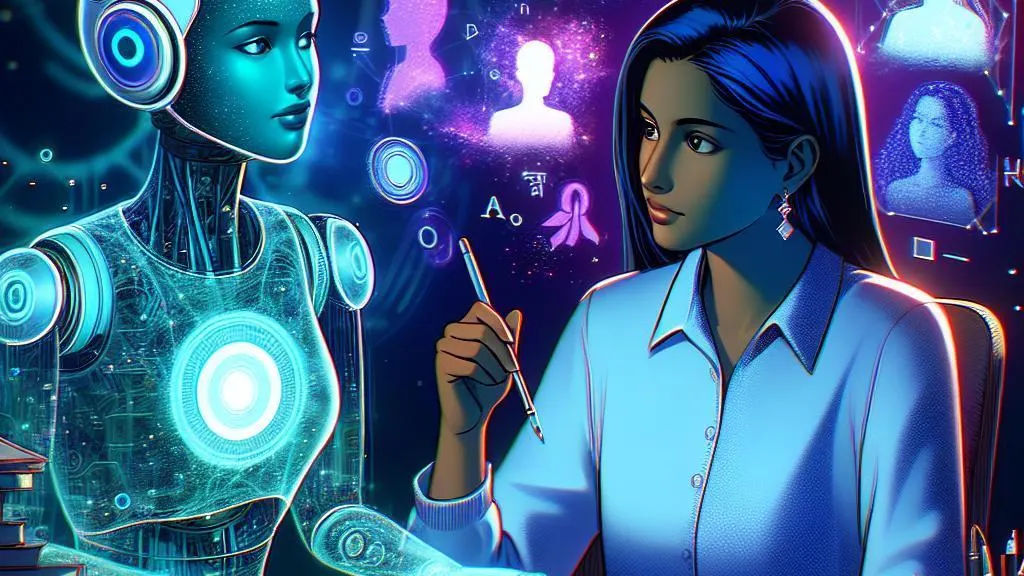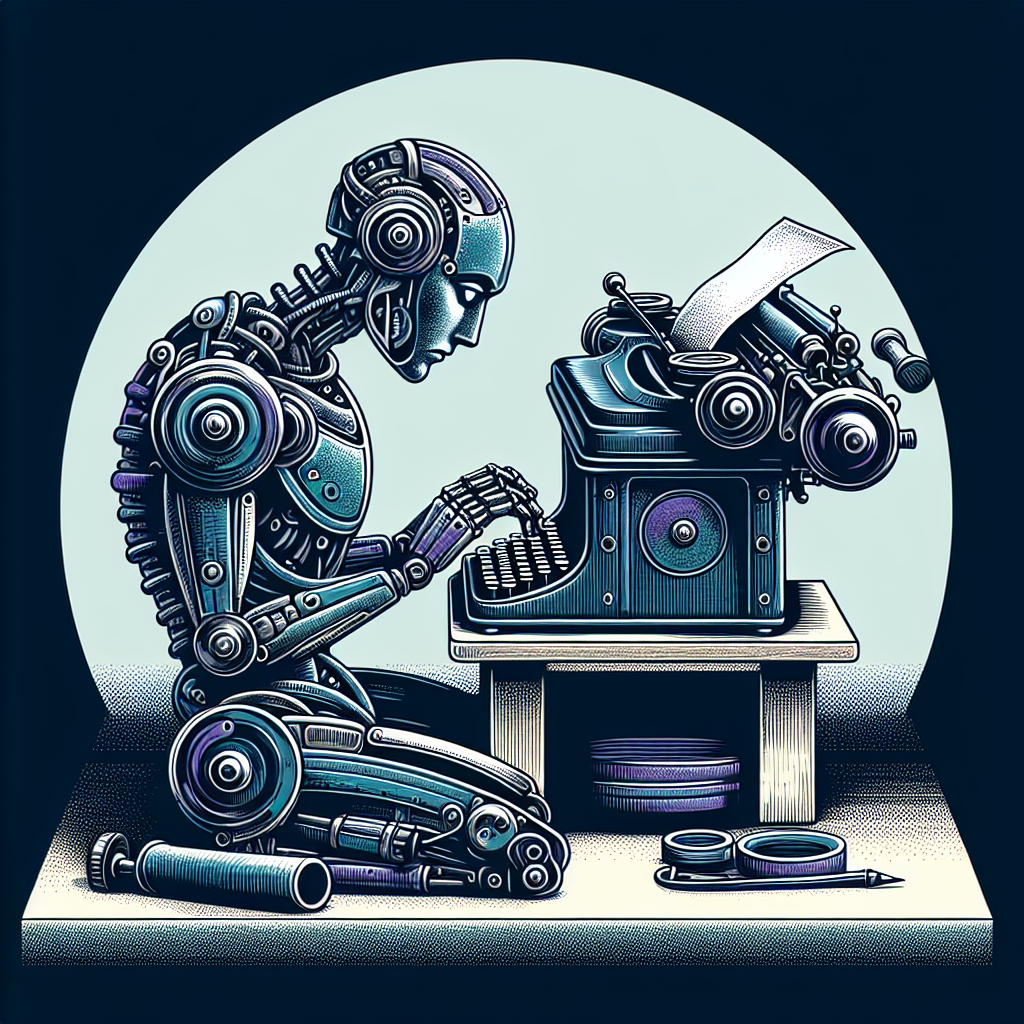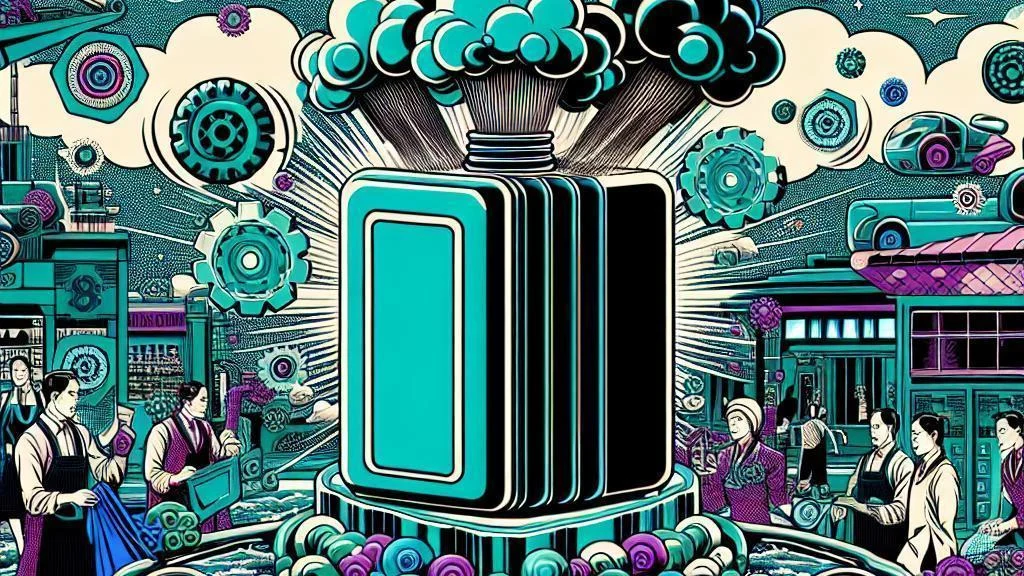What is natural language processing and how can I use it in my business?
In the era of artificial intelligence (AI), Natural Language Processing, commonly called NLP, is swiftly …

I've been writing for many years, and like many of my creative peers, I'm always looking for new ways to spark my imagination and streamline my writing process. In recent years, I've become increasingly intrigued by the potential of AI to assist with researching and outlining stories. While AI can't replace human creativity, it can be a powerful tool for generating ideas, uncovering insights, and providing a structural framework. In this post, I'll explore how writers can leverage AI to research topics, brainstorm story concepts, and outline their narratives in 2024 and beyond.
One of the biggest benefits of using AI for writing is its ability to quickly gather and synthesise information on virtually any subject. However, reading endless articles, journals, and archives to find relevant details can be incredibly time-consuming. That's where AI comes in.
Advanced AI systems can now rapidly analyse vast troves of online data and distil key facts, statistics, timelines, and other pertinent information. This allows writers to dive deep into their story's themes, settings, and character backgrounds in a fraction of the time.

Of course, AI's usefulness goes beyond information gathering. One of the most exciting applications is machine learning, which can uncover hidden patterns and generate novel ideas. AI can identify common tropes, plot structures, character archetypes, and stylistic elements by analysing thousands of existing stories across genres.
Writers can then use these insights as creative fodder, either following the identified patterns or intentionally subverting them.
Once you have fleshed out your premise, characters, and story beats, AI can also help with the nitty-gritty of outlining. While some writers prefer to "pants" their stories with minimal planning, I've found that having a solid structure is invaluable. It ensures pacing, continuity and hitting those key emotional beats.
However, creating a comprehensive outline from scratch can be a daunting prospect. Again, AI comes to the rescue, instantly generating detailed chapter breakdowns with scene summaries. Advanced novel writing assistants like AthenaWriter can optimise your outline's narrative arc, character development, and dramatic tension.

Now, you may be wondering: Will an AI-generated story feel soulless or lack deeper meaning?
It's a valid concern. After all, algorithms can't match human-level nuance, empathy and insight. They don't know the real world the way we do.
And there are certainly ethical implications to consider. We must be thoughtful about using these powerful tools and maintain human agency in the creative process. Relying too heavily on AI could lead to generic, derivative stories lacking an authentic voice.
As with any technology, the key is to find the right balance. Think of AI as a creative collaborator, not a replacement for human imagination. It's up to you, the writer, to supply the story's soul. AI is there to enhance your vision with inspiration, possibilities, and structure.
Ultimately, the goal is to amplify your productivity and storytelling potential, not constrain it. By combining your unique perspective with the pattern-finding capabilities of AI, you can craft more profound, more prosperous, and resonant stories in less time.
And you may discover some exciting new frontiers in the process! I encourage every writer to explore the possibilities of AI-assisted storytelling. Start by experimenting with some of the tools mentioned in this post. See what exciting nuggets or fresh angles they uncover.
But always remember, you're the beating heart of your story. Trust your instincts, stay true to your voice, and keep putting pen to page (or fingers to keyboard). AI is one more tool in your creative arsenal for finishing that next great novel.
Happy (machine-assisted) writing!
Some other posts you may like

What is natural language processing and how can I use it in my business?
In the era of artificial intelligence (AI), Natural Language Processing, commonly called NLP, is swiftly …
July 08, 2024
Read More
AI Washing: The Dangers of Overhyped and Misleading Artificial Intelligence Claims
As someone who has worked in the tech industry for many years, I've seen …
July 08, 2024
Read More